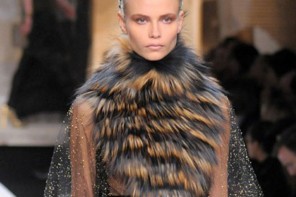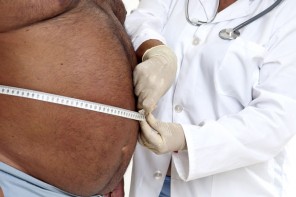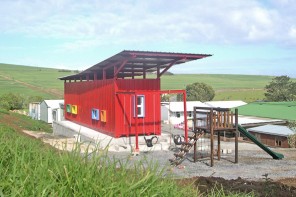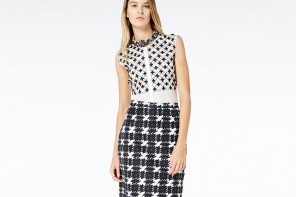Written by: Caragh Iles
It´s far better to buy a wonderful company at a fair price than a fair company at a wonderful price – Warren Buffett.
The idea of fairtrade is based on a revolutionary idea that people should be able to survive regardless of the price of the commodity they produce. All over the world consumers are demanding products that respect the land and those that work it. But while it´s taking off there are a few that say fairtrade isn´t fair enough, and surprisingly many of them are involved in fashion.
Fairtrade is a principle currently applied to mainly farming production, where limits are set on individuals wages. Due to market forces, especially of commodities, the price marginalized individuals get for their crops doesn´t cover the costs of production, and so we have fairtrade. Bucking the downward trend recent figures from Faritrade Labeling International estimate that 1.5 million producers will be benefiting from fairtrade by the end of this year.
To be fairtrade certified products have to be:
- bought for an agreed upon rate usually substantially higher than the normal market price and average wage
- a certain level of community development and independence must be ensured
- the production of the goods must adhere to certain environmentally sensitive guidelines and certain chemicals are banned
While these things may sound simple, in reality the market price of basic staples like sugar have decreased by up to 300% in the last century. This coupled with growing inequality and volatile markets results in farmers and workers being very vulnerable, and oftentimes being forced to sell their crops for whatever they can get. Fairtrade aims to alleviate this by setting standards for each product and creating a market so that consumers can facilitate real change in their everyday shopping. So while things may seem pricey, your money is used better then in most charities, you are supporting the environment and helping build a more respectful world.
There are those that say this is not enough and they are not wrong, some fairtrade producers still get less then the minimum wage. Enter the eco fashionistas! People Tree, fairtrade fashion pioneers, (yes its them that Emma Watson´s working with) say that it is not only about paying a fair price but essentially changing the way we do business. They see fairtrade as an opportunity to break the cycle of poverty while promoting sustainability and ensuring a fantastic product. They supercede the fairtrade requirements by offering training, paying upfront for products and employing people over machines.
This holds true for many other fashion houses, who take fairtrade very seriously and are often more fair than those working in commodities. This can be seen with coffee, where the price paid to the farmer is so marginal, that the shelf price very often doesn´t even substantially reflect the price paid to the farmer. However, while this may tempt you to spend more on fairtrade shoes then fairtrade bananas, remember that fairtrade anything makes a huge difference to people on the ground and fairtrade potassium, or even caffeine for that matter, is always nothing short of eco fabulous.
So look for the fairtrade label and buy fair, buy local and buy green.
From the Fairtrade label website:
The FAIRTRADE Mark currently appears on a range of products including coffee, tea, cocoa, fresh fruit, juice, honey, wine, dried fruit, nuts and sugar, and non-food products such as flowers, sports balls and cotton products including fashion items and school wear. The Mark can also be found on composite products that use these ingredients in conjunction with others that are not covered by Fairtrade standards, such as hot chocolate drinks, snack bars, chocolates, biscuits, cakes and beers. The range of Fairtrade certified products (products carrying the FAIRTRADE Mark) is growing all the time and standards for new categories will be introduced regularly over the next few years.
The liveeco team





